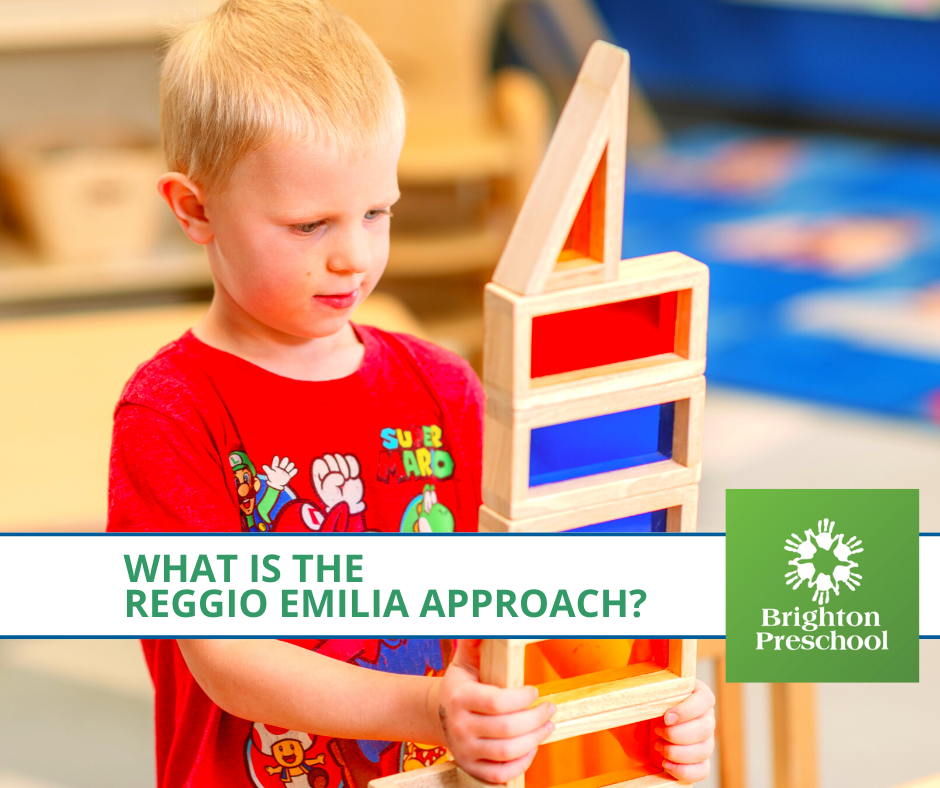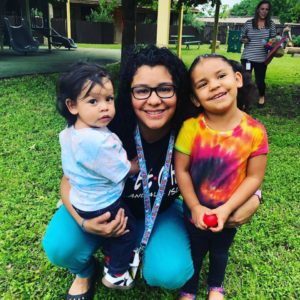All children have a strong potential for development. Children learn through a hundred languages thought to belonging to all human beings. Children learn in relationship and collaboration with other peers and teachers. This educational philosophy is the Reggio Emilia approach. It is a world class approach to early childhood education built from years of research and development. https://www.reggiochildren.it/reggio-emilia-approach/
About the Reggio Emilia Approach
The Reggio Emilia approach is based on four major principles:
Emergent curriculum: A collective of the children’s interests, family communication and close observations from teachers on the student’s growth and exploration.
In-depth projects: The learning is led by each child and structured around projects. Teachers guide children in choosing an area of research and following it to the project’s conclusion.
Representational development: Children are invited to present their ideas and learning in many forms: print, art, drama, dance, music, puppetry and so on. This approach helps each child build confidence and excitement about their learning.
Collaboration: Teachers encourage children to work together in groups using dialogue, comparisons, negotiations, and respect. The children collaborate with teachers on which interests will be studied and this encourages their sense of self-worth.
The Reggio Emilia approach to education values children at the center of their learning experiences. It individualizes the work and play of each child in the school. Children and adults have a hundred languages of learning. This metaphor translates to a hundred ways to experience, express, investigate, and gain valuable knowledge.
The Origin of Reggio Emilia
Reggio Emelia is a small town in Italy. A network of nursery schools developed this educational project and philosophy over the course of years. Loris Malaguzzi, the founder of the approach, believed children needed a more holistic kind of education after World War II. The Reggio Emilia approach is based on the belief that every child is unique and will express their interests in many ways. Malaguzzi conducted research and enabled the progress of the approach as a world renowned pedological approach to the education of young children.
The Reggio Emilia approach has practical impact, creating a collaborative environment where teachers learn with the children and work in a joint relationship instead of a master-student style. This partnership thought process extends to the parents and community of the child. The approach fosters advanced development of the children’s social and emotional skills. Teachers listen to children and build upon children’s curiosity and creativity. Overall, the Reggio Emilia approach encourages well-rounded growth as a human being and is why so many early education centers embrace, study, and implement the approach.
Brighton Preschool and the Approach
Brighton Preschool is a member of the North American Reggio Emilia Alliance. We are the only Preschool in San Antonio that is a member of the alliance. Brighton Preschool is committed to training our teachers and enhancing our environments embracing the Reggio Emilia approach. We value children as individuals, know children of all abilities can achieve remarkable things, and love the kind child-centered approach of the Reggio Emilia way. At Brighton, we are not just a daycare, working through a day to get to the next day. We are an education center where children flourish, develop and grow into life-long learners.
Additional information about the Reggio Emilia Approach can be found:







